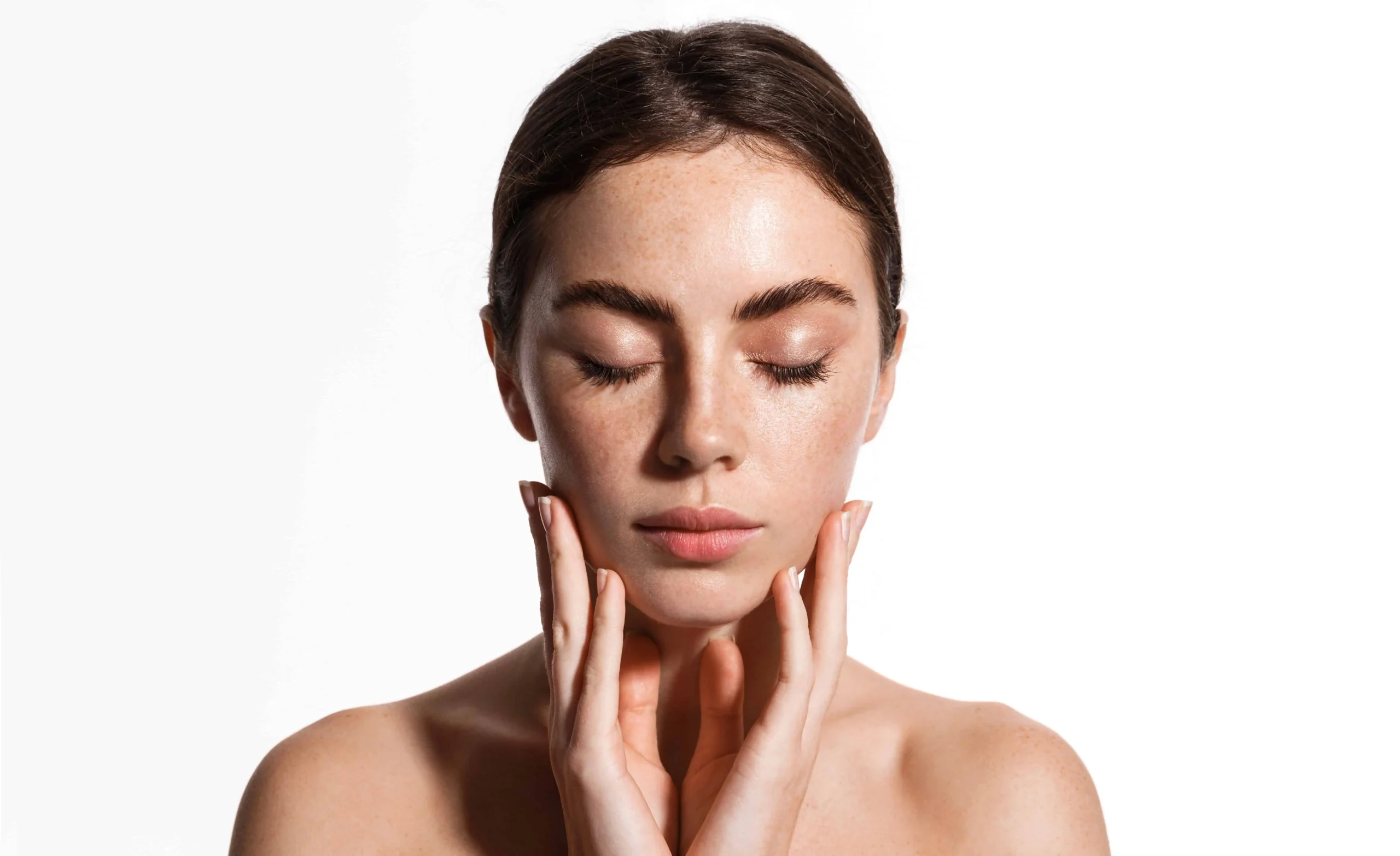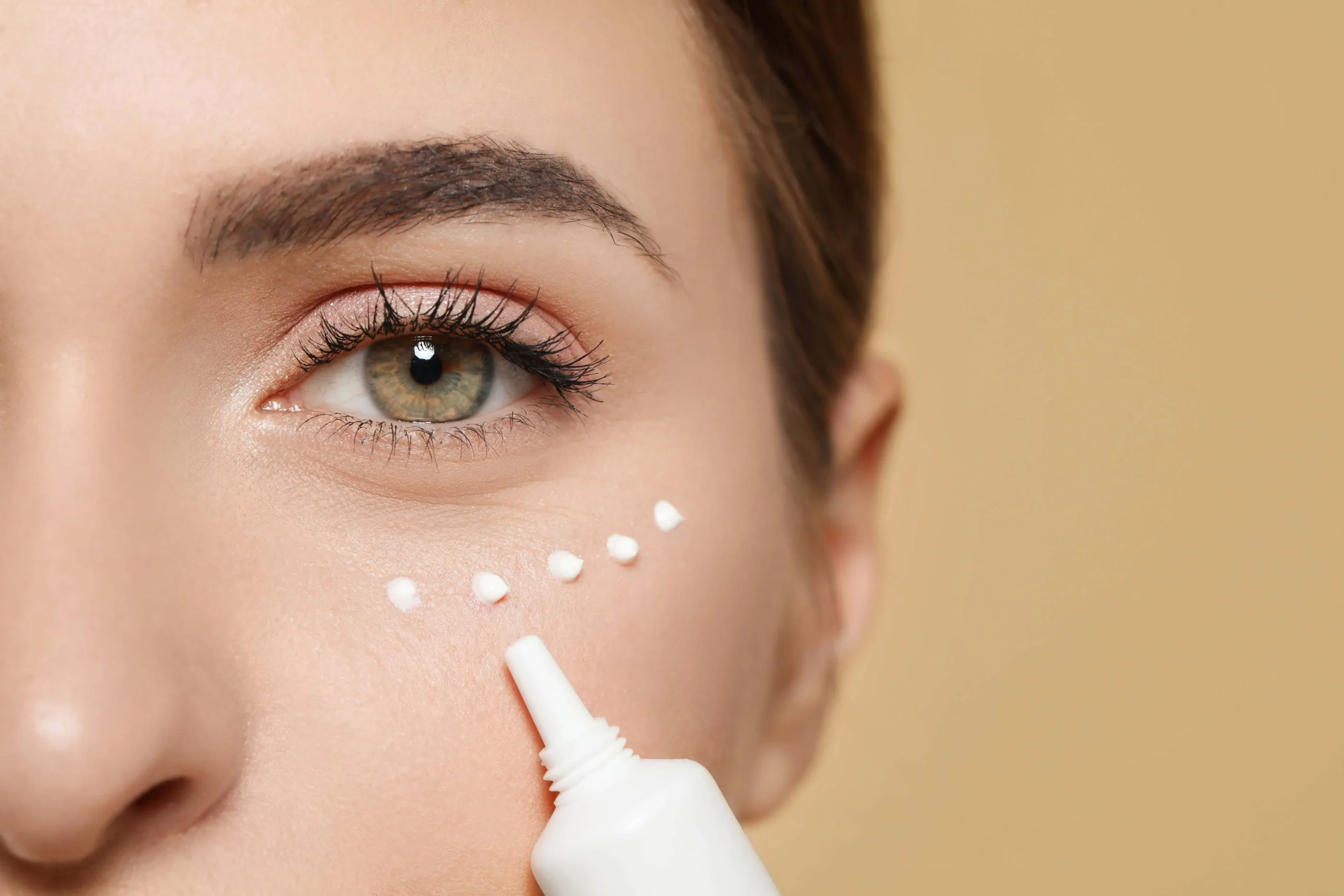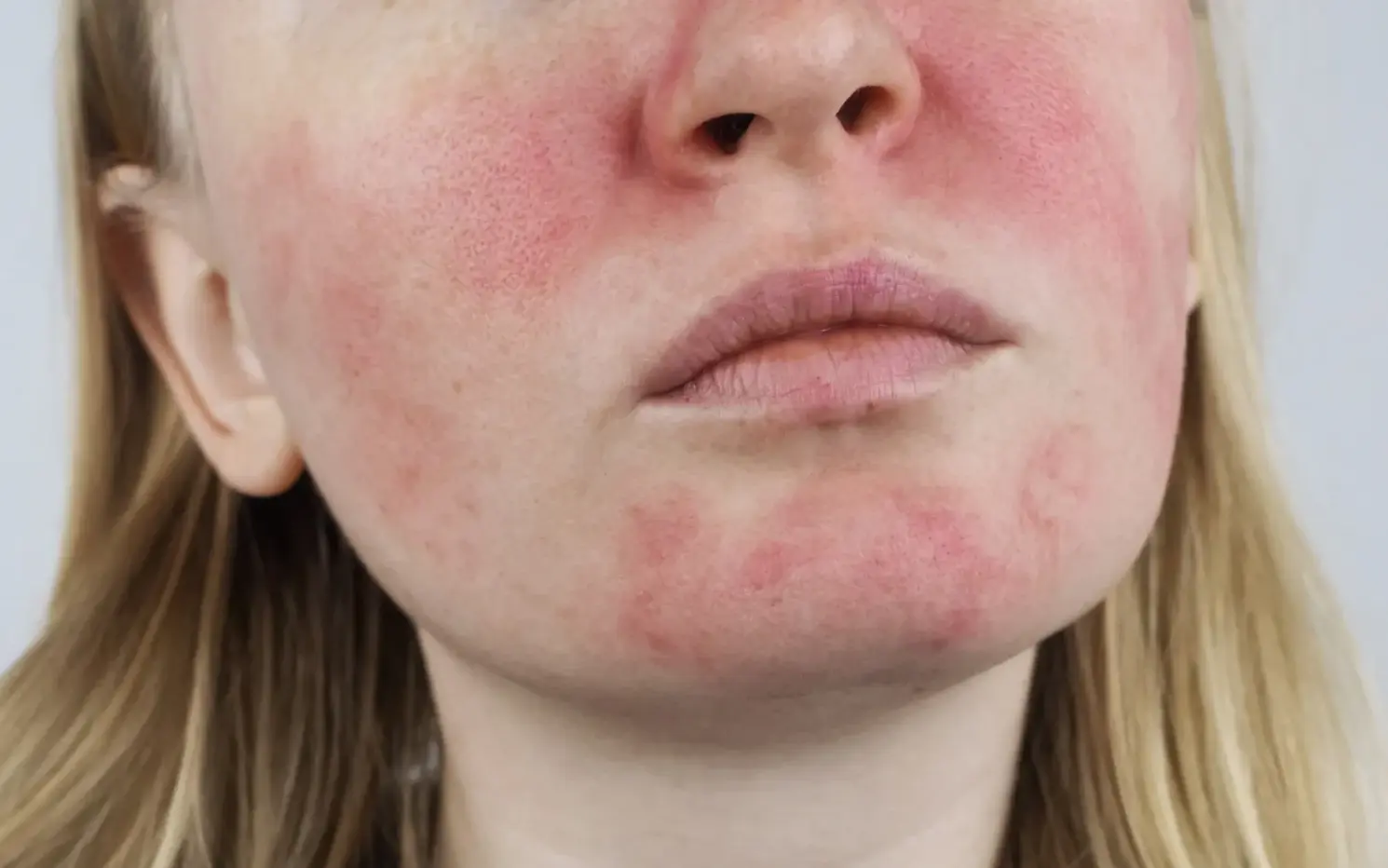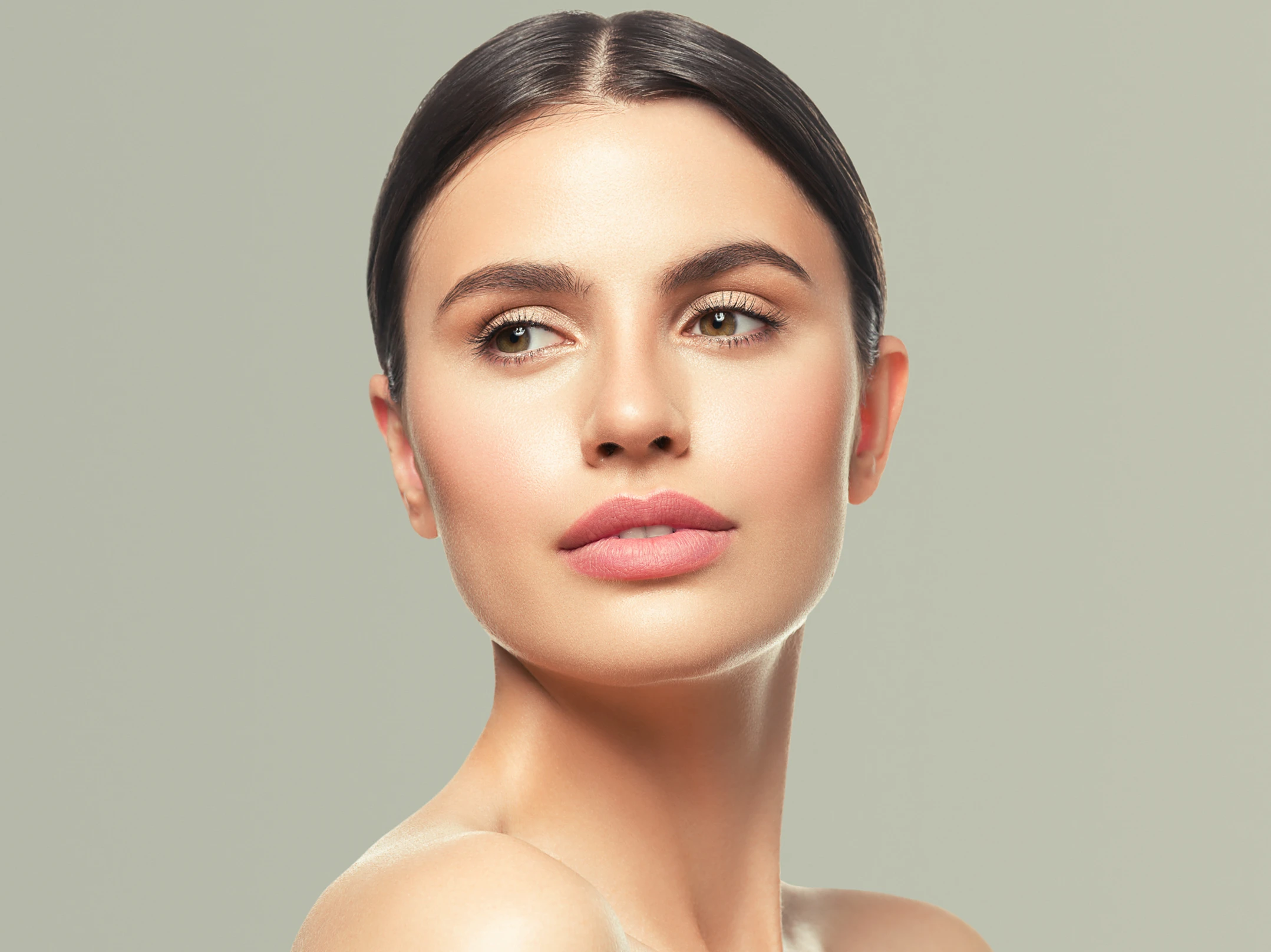Our skin, the body’s largest organ, is constantly exposed to environmental factors that can impact its health and appearance. From pollution in urban areas to climate variations, understanding how these elements affect our skin is crucial for maintaining its vitality and addressing specific skincare concerns. This blog post explores the environmental influences on skin, the effects of pollution and climate, and provides practical urban skincare solutions to protect and rejuvenate your skin.
Environmental Factors Affecting Skin Health
1. Pollution:
- Airborne Particles: Fine particulate matter (PM2.5), ozone, and nitrogen dioxide can penetrate the skin, leading to oxidative stress, inflammation, and premature
- Heavy Metals: Pollutants like lead, mercury, and cadmium can disrupt skin barrier function and contribute to skin allergies or sensitivities.
2. Climate Variations:
- Humidity Levels: Low humidity can cause dryness and dehydration, while high humidity may exacerbate conditions like acne and fungal infections.
- Temperature Extremes: Cold weather can lead to dry, cracked skin, while hot temperatures can increase oil production and sweat, potentially leading to clogged pores and breakouts.
3. UV Radiation:
- Exposure to ultraviolet (UV) radiation from the sun contributes to premature aging, hyperpigmentation, and increases the risk of skin cancer.
- UV rays penetrate through clouds and windows, making daily sun protection essential regardless of weather conditions.
Urban Skincare Challenges and Solutions
1. Cleansing and Detoxification:
- Double Cleansing: Effectively removes pollutants and impurities from the skin’s surface and pores.
- Antioxidant Cleansers: Formulated with ingredients like green tea, vitamin C, or niacinamide to neutralize free radicals and protect against environmental
2. Protective Barrier Enhancement:
- Moisturizers with Barrier Repair Properties: Contains ceramides, fatty acids, and hyaluronic acid to strengthen the skin barrier and prevent moisture loss.
- SPF Protection: Broad-spectrum sunscreen with SPF 30 or higher shields against UV rays and pollution-induced oxidative stress.
3. Antioxidant Defense:
- Topical Antioxidants: Serums or creams enriched with antioxidants such as vitamin E, resveratrol, or coenzyme Q10 combat free radicals and reduce
- Pollution Shields: Formulations designed to form a protective barrier on the skin, preventing particulate matter from adhering and penetrating.
4. Hydration and Calming:
- Hydrating Toners and Mists: Refreshes and replenishes moisture lost due to environmental stressors, restoring skin balance.
- Soothing Ingredients: Aloe vera, chamomile, and centella asiatica calm irritation and inflammation caused by pollution or climate aggressors.
5. Weekly Detox Treatments:
- Clay Masks: Draw out impurities and excess oil from pores, promoting a clearer
- Exfoliation: Gentle exfoliants like enzyme masks or mild AHAs/BHAs remove dead skin cells, allowing better absorption of skincare nutrients.
Lifestyle Adjustments for Healthy Skin in Urban Environments
- Avoid Smoking and Secondhand Smoke: Tobacco smoke accelerates skin aging and damages collagen and elastin fibers.
- Stay Hydrated: Drink plenty of water to maintain skin hydration and support its natural detoxification process.
- Healthy Diet: Consume antioxidant-rich foods such as berries, leafy greens, and nuts to boost skin resilience against environmental stressors.
Conclusion
Protecting your skin from environmental damage requires a proactive approach that combines effective skincare habits with lifestyle adjustments suited to urban living. By understanding the impact of pollution, climate variations, and UV radiation on skin health, and implementing targeted skincare solutions, you can maintain a radiant complexion and preserve your skin’s youthfulness over time. Embrace a comprehensive urban skincare routine that prioritizes cleansing, protection, hydration, and antioxidant defense to safeguard your skin against the challenges of modern-day living.





